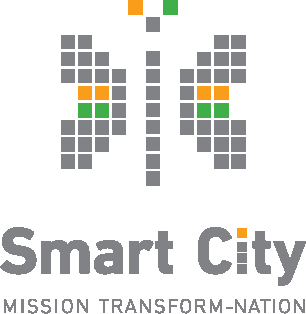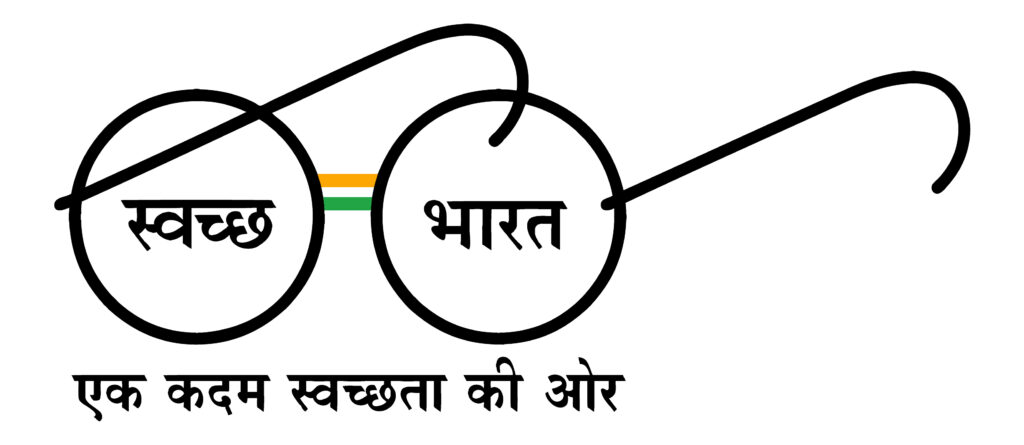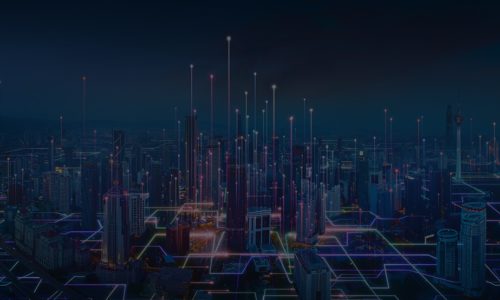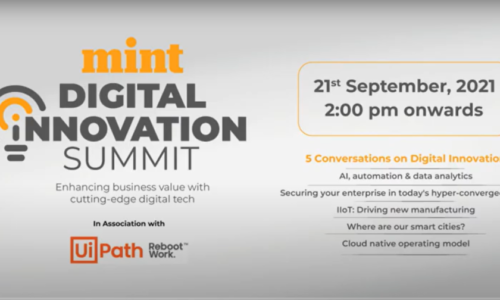Why is IUDX needed? What does it do for cities? Sometimes it is easier to understand a concept by comparing it to other entities we are familiar with in everyday life.
The story of the elephant and the blind men comes to mind: One man touches the legs—an elephant is like a tree he says; another touches the tail—like a rope, he says; another touches the trunk— like a snake, he says; and the final one touches the stomach and declares—like a rock. The truth is actually all of the above—an elephant is a combination of all these attributes but each description is incomplete. IUDX is similar as it offers different capabilities and features to different constituencies but everyone views things from their own perspective. So, let us go on our own “blind man” exploration of IUDX.
- IUDX is like a department store (for all types of data): Department stores contain clothes, kitchen items, foodstuffs, appliances, etc. The items are organized in clearly marked aisles with common signage, special sales, discounts, etc. So, instead of visiting a dozen different individual stores, acustomer can visit the department store and, put all different items they need into the shopping cart, and check-outonce at the cash register. IUDX similarly collects data from different data silos and presents them in a single consistent form. So, if a data consumer wants to create an application that uses data from different sources (e.g. police, fire, traffic), they will not need to negotiate separately with each department, but can obtain all data from a single source—IUDX.
Pertinent IUDX attributes: Aggregation, Standardization.
- IUDX is like a University Library (with data-sets instead of books): Another way of understanding IUDX is to think of a large public library system such as may exist in a university. Think of each data-set in IUDX as a book in the library. Students visit the library to get the materials they need for their education or research. When a student comes into a library, she looks up the catalog. The books are numbered in a standard fashion and organized in shelves accordingly, enabling her to easily find the books she needs. IUDX has a similar catalog and organization for data-sets. Now, suppose that instead of building a library, the university simply dug a few big pits in the ground and threw its books into the pits in a random way. Students would have to rummage through the pits to get the materiel they need. That is a bit like trying to get data without IUDX.
Pertinent IUDX attributes: Catalogued, Labelled
Another similarity is that libraries have security to prevent unauthorized use. Only people with authorization (usually affiliation with the university) are allowed to take out books. For example, books in many libraries have scannable RF tags and the entrance is equipped with a detector that scans for any unauthorized books. Just as library materials are protected, IUDX protects data and enables controlled sharing of data that is not open to all. Thus, IUDX allows data from providers that would normally be hesitant to share data.
Pertinent IUDX attributes: Security, Identification, Authorization
- IUDX is like a food delivery platform (but for data): What food delivery platformsdo for food, IUDX does for data. These vendors provide a platform to the restaurants i.e. the food providers and the people willing to order food. Similarly, IUDX also simplifies access to data in a city by bringing all data producers and consumers like PSUs, corporates, startups, etc. on a common platform and making it easy for them to get access to the data points originating from millions of sensors like traffic cameras, RFID readers, IoT devices and other sources as well. Very similar to the food platform vendor’s standard UI for restaurants, which helps us navigate easily and choose the items quickly, IUDX supports data standards that can help the consumer quickly integrate the data into an existing workflow. The data can also be searched, filtered, rated and bought like we order food on the food delivery vendor.
Pertinent IUDX attributes: Platform, Standardized Interfaces
- IUDX is like an automatic translator (for data): Suppose all office papers and documents are written in different languages. Some are written in English or Hindi or Tamil and understandable to many people. But many are written in Icelandic or in Ancient Greek or in the language of the Harrapan civilization which is yet to be deciphered. Some are on paper whilst others are on scanned images or possibly inscribed on stone tablets. An office worker would be totally baffled until all documents were translated into a common language and onto a convenient common medium. IUDX performs a similar translation function by enabling data generated in different forms (say, from different vendors or different departments) to be translated into a common data format so it can be understood and absorbed in a consistent fashion.
Pertinent IUDX attributes: Translation, Standardized Data Model
- IUDX is like UPI- Universal payment interface (UPI) was established about a decade ago to transform the Indian payment industry. It was executed as an Open Source project with no private company having the ability to capture any proprietary advantage. A non-profit company, National Payment Corporation of India (NPCI) was established to build and operate UPI. NPCI was funded by a consortium of public and private sector banks, working together for common good. NPCI has had enormous impact on the national scene, and has transformed the way electronic payments are done in India. Not only has UPI become a major success, NPCI has been instrumental in nurturing numerous digital wallet companies. These companies have delivered great benefit to citizens and have also become immensely valuable.
Pertinent IUDX attributes: Open Source, Consortium based, National Impact
These analogies can be extended to include more examples. The message here is that IUDX is a powerful platform to enable controlled any-any sharing of all types of non-personal data. It provides a wide variety of services and capabilities for different constituencies. It can be of enormous value to cities, application developers, data providers and, of course, most importantly — citizens.

































